

- Pro-Biotic Clay Mask
- Cranberry & Papaya Skin Resurfacing Clay Mask
- Oatmeal Clay Mask for Dry Skin
- Pro-Biotic Clay Mask
- Cranberry & Papaya Skin Resurfacing Clay Mask
- Pro-Biotic Clay Mask
- Cranberry & Papaya Skin Resurfacing Clay Mask
- Oatmeal Clay Mask for Dry Skin
- Pro-Biotic Clay Mask
- Cranberry & Papaya Skin Resurfacing Clay Mask
- Pro-Biotic Clay Mask
- Cranberry & Papaya Skin Resurfacing Clay Mask
- Oatmeal Clay Mask for Dry Skin
- Pro-Biotic Clay Mask
- Cranberry & Papaya Skin Resurfacing Clay Mask
 Pro-Biotics
Pro-Biotics
Balances Skin Mircobiome, Reduces Inflammation, Enhances Hydration
 Sea Weed Extract
Sea Weed Extract
Oil Control, Nutrient Boost.
 Red Algae Extract
Red Algae Extract
UV Protection, Collagen support, Brightening Effect.

 ACB Fruit Mix
ACB Fruit Mix
Boosts skin radiance with potent antioxidants and vitamins.
 Papain Enzyme
Papain Enzyme
Gently exfoliates dead skin cells, revealing smoother and brighter skin.
 Blend of AHA's
Blend of AHA's
Renews skin by gently removing dull surface cells, revealing a brighter complexion.

 Oatmeal Particles
Oatmeal Particles
Provides gentle exfoliation for smoother, softer skin.
 Flax Seed Oil
Flax Seed Oil
Nourishes and hydrates skin, leaving it supple and radiant.
 Omega-3 Fatty Acids
Omega-3 Fatty Acids
Nourish skin for a healthy and radiant complexion.

 Pro-Biotics
Pro-Biotics
Balances Skin Mircobiome, Reduces Inflammation, Enhances Hydration
 Sea Weed Extract
Sea Weed Extract
Oil Control, Nutrient Boost.
 Red Algae Extract
Red Algae Extract
UV Protection, Collagen support, Brightening Effect.

 ACB Fruit Mix
ACB Fruit Mix
Boosts skin radiance with potent antioxidants and vitamins.
 Papain Enzyme
Papain Enzyme
Gently exfoliates dead skin cells, revealing smoother and brighter skin.
 Blend of AHA's
Blend of AHA's
Renews skin by gently removing dull surface cells, revealing a brighter complexion.



